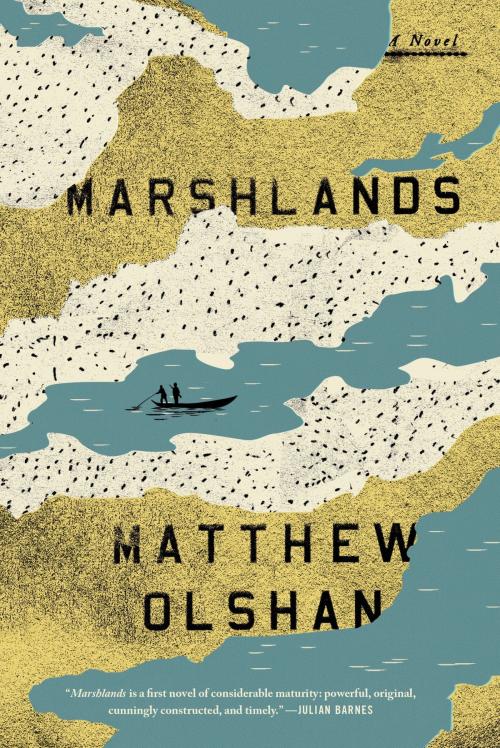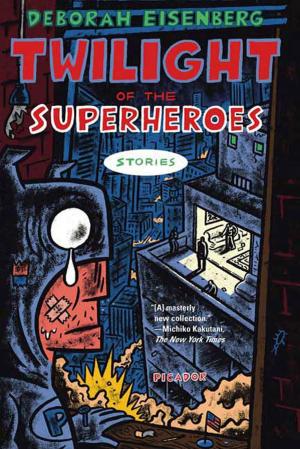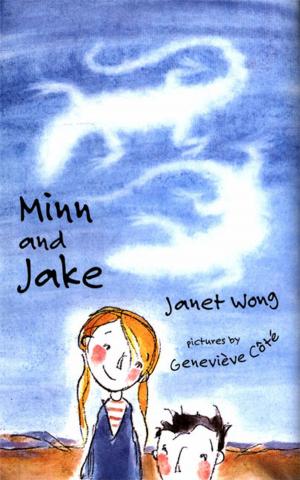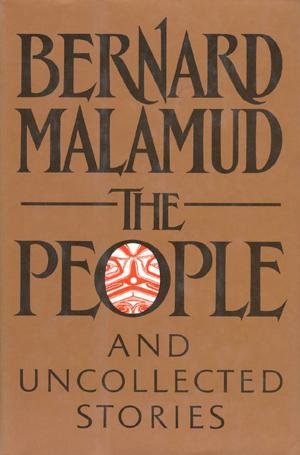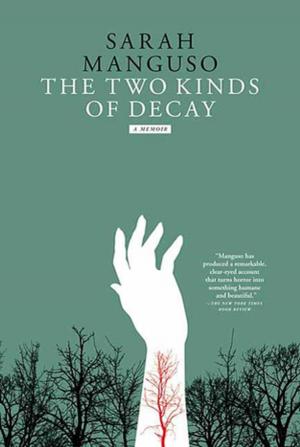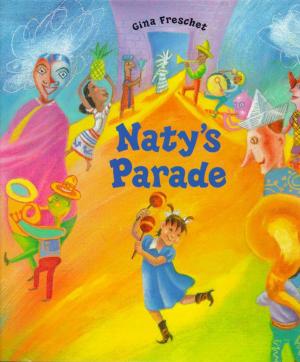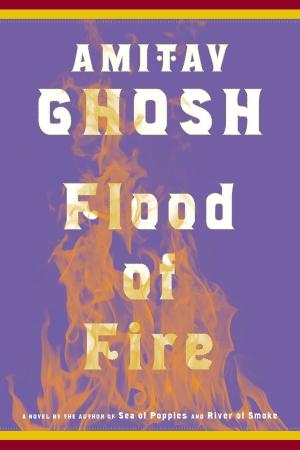| Author: | Matthew Olshan | ISBN: | 9780374711634 |
| Publisher: | Farrar, Straus and Giroux | Publication: | February 4, 2014 |
| Imprint: | Farrar, Straus and Giroux | Language: | English |
| Author: | Matthew Olshan |
| ISBN: | 9780374711634 |
| Publisher: | Farrar, Straus and Giroux |
| Publication: | February 4, 2014 |
| Imprint: | Farrar, Straus and Giroux |
| Language: | English |
"A first novel of considerable maturity: powerful, original, cunningly constructed, and timely." —Julian Barnes, author of The Sense of an Ending
After years alone in a cell, an aging prisoner is released without explanation, expelled into a great city now utterly unfamiliar to him. Broken by years of brutality at the hands of the prison guards, he scrounges for scraps, sleeping wild, until a museum curator rescues him from an assault. The museum has just opened its most controversial exhibit: a perfect replica of the marshes, an expansive wilderness still wracked by conflict. There the man had spent years as a doctor among the hated and feared marshmen, who have been colonized but never conquered.
Then Marshlands reveals one of its many surprises: it is written in reverse. The novel leaps backward once, twice, returning to the marshes and unraveling time to reveal the doctor's ambiguous relationship to the austerely beautiful land and its people. As the pieces of his past come together, a great crime and its consequences begin to take shape. The true nature of the crime and who committed it will be saved for the breathtaking ending—or, rather, for the beginning.
In the tradition of Wilfred Thesiger's The Marsh Arabs and J. M. Coetzee's Waiting for the Barbarians, Marshlands explores a culture virtually snuffed out under Saddam Hussein, and how we cement our identities by pointing at someone to call "other." Elegant, brief, and searing, Matthew Olshan's Marshlands shivers with the life of a fragile, lost world.
"A first novel of considerable maturity: powerful, original, cunningly constructed, and timely." —Julian Barnes, author of The Sense of an Ending
After years alone in a cell, an aging prisoner is released without explanation, expelled into a great city now utterly unfamiliar to him. Broken by years of brutality at the hands of the prison guards, he scrounges for scraps, sleeping wild, until a museum curator rescues him from an assault. The museum has just opened its most controversial exhibit: a perfect replica of the marshes, an expansive wilderness still wracked by conflict. There the man had spent years as a doctor among the hated and feared marshmen, who have been colonized but never conquered.
Then Marshlands reveals one of its many surprises: it is written in reverse. The novel leaps backward once, twice, returning to the marshes and unraveling time to reveal the doctor's ambiguous relationship to the austerely beautiful land and its people. As the pieces of his past come together, a great crime and its consequences begin to take shape. The true nature of the crime and who committed it will be saved for the breathtaking ending—or, rather, for the beginning.
In the tradition of Wilfred Thesiger's The Marsh Arabs and J. M. Coetzee's Waiting for the Barbarians, Marshlands explores a culture virtually snuffed out under Saddam Hussein, and how we cement our identities by pointing at someone to call "other." Elegant, brief, and searing, Matthew Olshan's Marshlands shivers with the life of a fragile, lost world.
